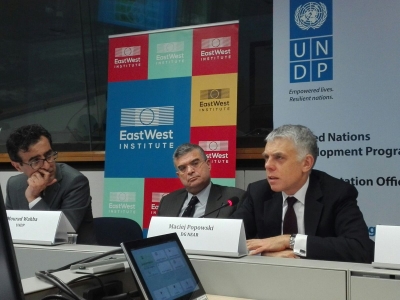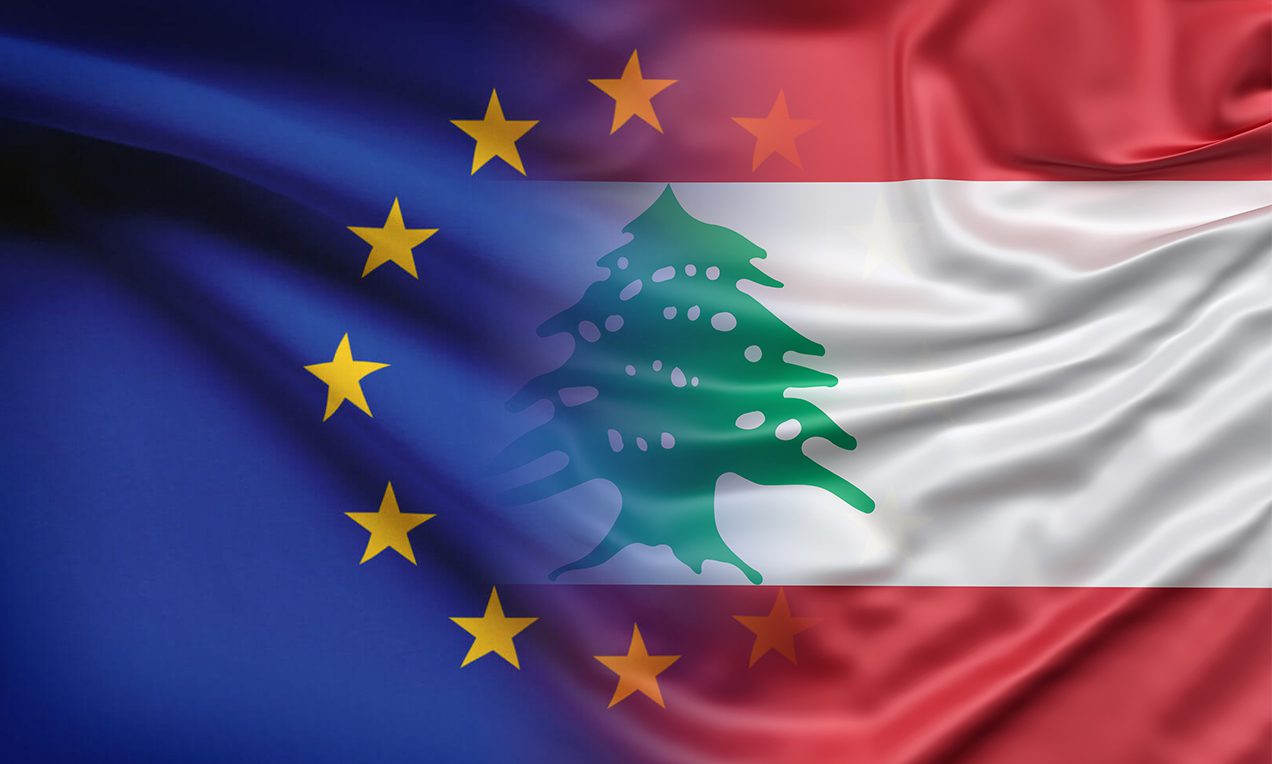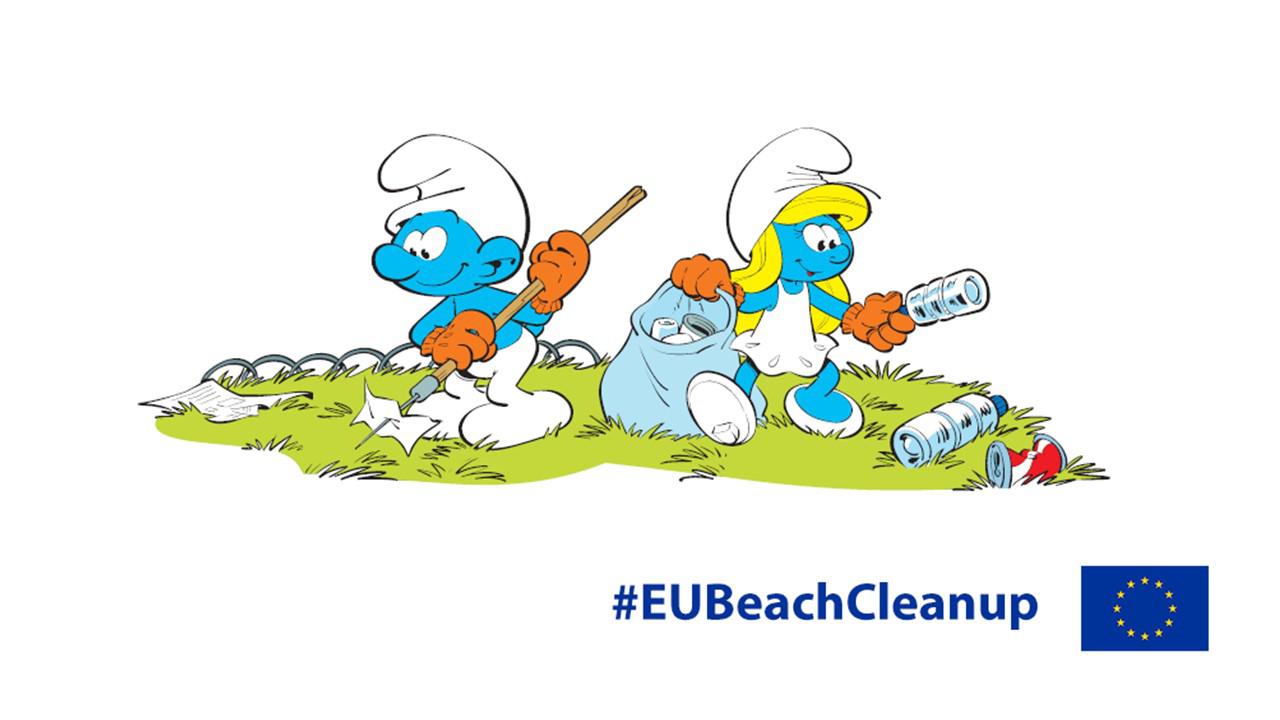European and Arab partners discuss development challenges and priorities across the Arab region

The United Nations Development Programme (UNDP), the European Commission (EC) and the EastWest Institute (EWI) discussed today the development challenges and priorities in the Arab region, in particular the importance of youth empowerment as a new area of development cooperation in the region. Representatives of EU institutions, Arab Ambassadors to EU and members of the Brussels-based policy, development, and think tank community participated in the debate.
“Today’s meetings with youth organisations confirmed the important role and huge potential of youth in achieving economic development in the Southern Neighbourhood,” said Maciej Popowski, Deputy Director General for Neighbourhood and Enlargement Negotiations at the European Commission. “We have heard this message and will act on it. Providing opportunities for the young women and men is one of the key priorities of the revised European Neighbourhood Policy which we are currently implementing.”
Anchored in the Arab Human Development Report (AHDR) 2016: Youth and the Prospects of Human Development in a Changing Reality, which UNDP published in November 2016, the debate examined links between the current priorities of the European Union, its individual institutions, and its member states, and the opportunities and challenges posed by the situation of youth in the Arab region.
The debate examined findings of the AHDR 2016 on the effects of conflicts raging across many of countries in the region, as well as barriers hindering youth’s enjoyment of essential basic services in education and health, and access to decent employment, on the overall prospects for the future of youth in the Arab region.
Sixth in the series of AHDRs that UNDP has published since 2002, AHDR 2016 provides an evidenced-based overview on youth in the region. It underscores the demographic reality that the current youth cohort is largest the Arab region has ever witnessed. With two thirds of its 370 million inhabitants under the age of 30 and young people aged 15-29 years making up 30% of the Arab region’s total population of, this youth cohort is expected to dominate the development scene in the region for at least the next two decades.
“Our report argues that Arab countries can achieve a great leap forward in development, reinforce stability and secure such gains in a sustainable manner, if they adopt policies that give youth a significant stake in shaping their societies and put them at the centre—politically, socially and economically,” stressed Mourad Wahba, Director of UNDP’s Regional Bureau for Arab States. “Arab countries will need significant assistance to pursue such an ambitious development agenda. We are looking to our European partners to support this pursuit, which we believe aligns very well with current EU policy priorities and interests with regards to the Arab regions.”
The debate also considered means to operationalise the report’s call on Arab states to invest in a new youth-oriented development model that simultaneously builds young people’s capabilities and expands opportunities available to them, while prioritizing the achievement of peace and security at national and regional levels.
Read more
EU Neighbours – Youth



























 Syria
Syria 



